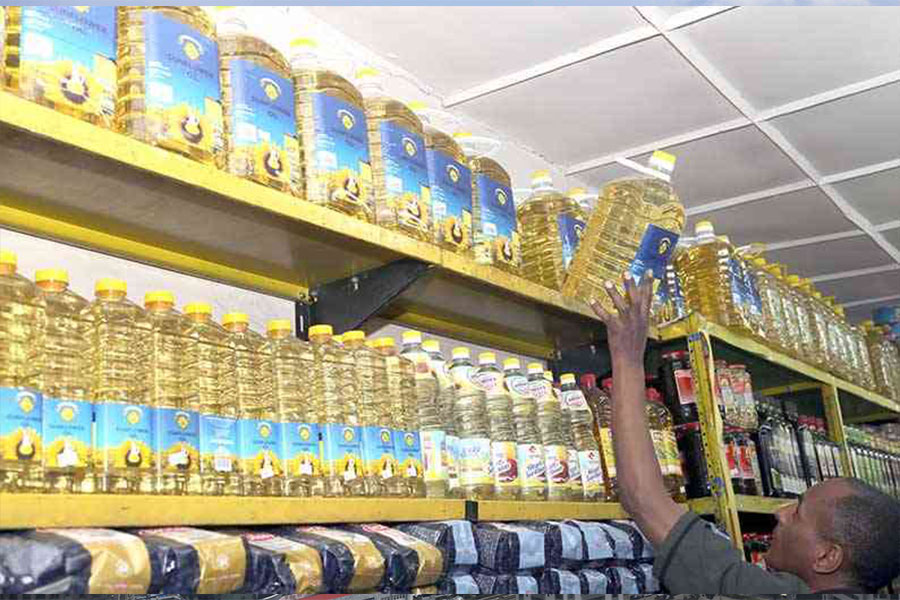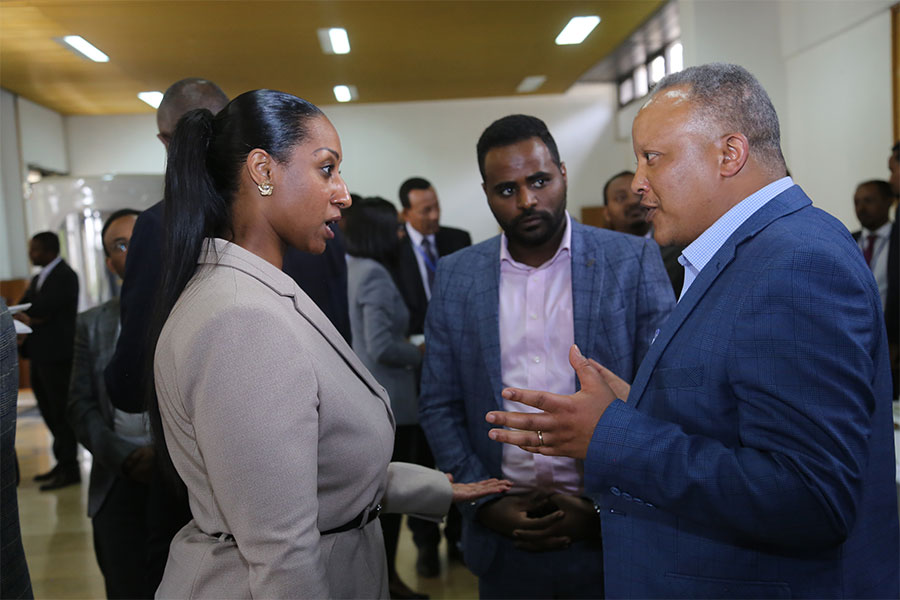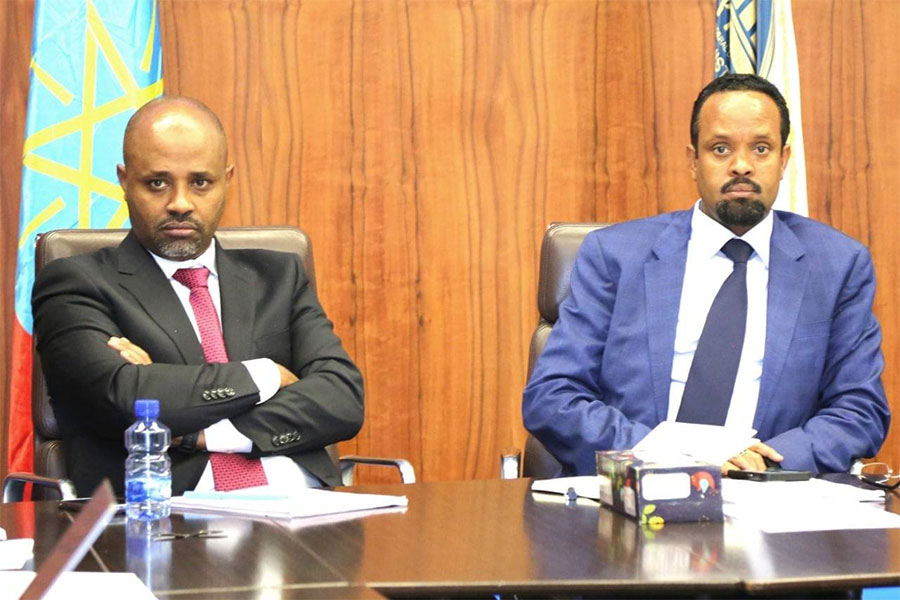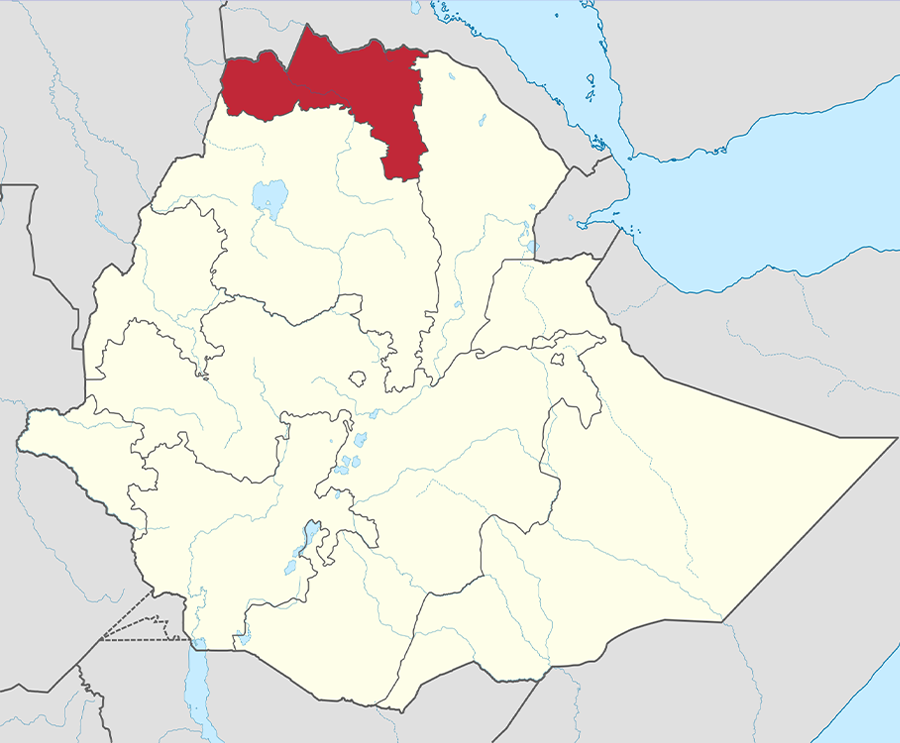
Radar | Nov 27,2018
Aug 6 , 2022
By RAHEL BOGALE ( FORTUNE STAFF WRITER )
The hospitality industry has entered the list of economic sectors that enjoy tax exemptions and incentives from the federal government after the Council of Ministers approved a regulation last month.
Drafted by a task force under the Ethiopian Investment Commission (EIC), the regulation’s authors aspire to encourage private investment in the hotel and tourism industries, which have been hard hit by the pandemic and the civil war in the north.
ICT and hospitality are among the five sectors granted priority status under the administration of Prime Minister Abiy Ahmed (PhD).
The manufacturing and agro-processing sectors have thus far been the primary beneficiaries of government incentives. According to Aschalew Tadesse, the Commission’s foreign direct investment (FDI) director, manufacturing industries have enjoyed incentives because they add more value than other sectors.
“Investment in manufacturing requires huge capital while its payback period is relatively long,” he said.
The Administration has introduced a slew of policy changes in favour of private investment. However, the country continues to face challenges in attracting foreign capital due to the pandemic, war and political instability. According to official figures, foreign investments were valued at 4.1 billion dollars three years ago. It dropped by a billion dollars last year, although close to 170 foreign investors had received permits from the EIC. Chinese investors account for two-thirds.
Investment in the hospitality sector made up less than three percent.
Officials hope the regulation passed last month can change this. The revised policy allows investors to enjoy tax incentives in exemptions, holidays, and preferential rates. Tax exemptions are granted based on the remoteness of the investment from urban centres. Over a third of the 373 hotels, lodges and resorts with star ratings are in Addis Abeba or within proximity to other urban centres.
Those who choose to invest in hospitality in areas far from urban settings can have up to five years of tax exemption.
Gulilat Merid, a coordinator at Doho Lodge, observes investors shy away from putting their money in remote areas mainly due to a lack of infrastructure.
Doho Lodge is established on a 10hct land at the northern edge of Awash National Park, 246Km east of the capital. Opened in 2012 with an initial capital of 22 million Br, the Lodge operates with over 22 rooms and 42 employees. Before opening its doors for guests, developers had to pay for a seven-kilometre-long gravel road.
Experts at the Ministry of Tourism have identified seven potential tourist destinations in four regional states available for investors. Simien Mountains National Park in the Amhara Regional State and Abiatta, Shalla and Bale national parks in Oromia are among those on the list.
“Those willing to invest in these areas will receive priority,” says Sileshi Girma, a state minister for Tourism.
The government plans to develop over 50 new tourist destinations in the next decade. The Commission accepts investors’ applications while the Ministry of Finance issues a directive outlining eligibility criteria for the tax incentives. Officials say the privileges will be granted in a targeted manner.
The Council’s edict is good news for companies in the hospitality industry, whose business has plummeted over the past two years.
Over the past decade, the tourism industry has shown encouraging growth. In 2019, tourism authorities claimed 812,000 tourists visited the country, a giant leap from 136,000 almost a decade ago. A few months after the COVID-19 pandemic hit, tourist arrivals dropped by a staggering 69pc. This was followed by a further drop due to the full-blown civil war in the northern part of the country and security concerns elsewhere.
For investments made in prime tourist attraction areas, the uncertainty brought on by the war translates into an utter loss. The experience of Mezena Lodge demonstrates the depth of despair.
In Lalibela town, renowned for its rock-hewn churches, the Lodge opened its doors in 2017. Business dried up since the pandemic and conflict, says Yohannes Assefa, a significant shareholder and managing director.
“We’re barely functioning at this moment,” he told Fortune.
The Lodge has 48 rooms, two restaurants, a bar and a spa. Access to electricity or clean water is hard to come by in Lalibela.
“We’re struggling to keep our 56 employees on the payroll,” said Yohannes.
Last year, the federal government introduced a stimulus package to support industries affected by the pandemic. Close to 6.5 billion Br was made available through commercial banks with a 5.5pc lending rate. The loans were meant to cover essential expenditures such as payroll. However, most borrowers expected to repay the loans within six months defaulted.
“We requested the loan repayment period to be extended by up to five years,” said Aster Solomon, Addis Abeba Hotel Owners’ Association president, who also runs Mosaic Hotel.
Her lobby group represents 123 members; authorities have not responded to the repeated pleas by hotel owners and tour operators for the extension. Yohannes says commercial banks are pressing the Lodge’s management to settle its arrears despite the business slowdown it has suffered for the past two years.
Aster hopes the latest incentive could indirectly benefit hotels and lodges operating in urban centres.
“When tourists visit remote sites, they stay in Addis Abeba and other cities for a little while,” she told Fortune.
Kumneger Teketel, managing director of Ozzie Business & Hospitality Group, argues offering incentives alone can do little to support the hospitality industry.
“There must be an effective follow-up to make the incentive work,” he said.
PUBLISHED ON
Aug 06,2022 [ VOL
23 , NO
1162]

Radar | Nov 27,2018

Fortune News | Jun 03,2023

Radar | Nov 09,2019

Fortune News | Feb 02,2019

Fortune News | Nov 14,2020

Fortune News | Mar 07,2020

Radar | Sep 26,2021

Radar | Dec 04,2021

Fortune News | May 14,2022

Fortune News | Nov 04,2020

Jul 13 , 2024 . By AKSAH ITALO
Investors who rely on tractors, trucks, and field vehicles for commuting, transportin...

Jul 13 , 2024 . By MUNIR SHEMSU
The cracks in Ethiopia's higher education system were laid bare during a synthesis re...

Jul 13 , 2024 . By AKSAH ITALO
Construction authorities have unveiled a price adjustment implementation manual for s...

Jul 13 , 2024
The banking industry is experiencing a transformative period under the oversight of N...

Jul 20 , 2024
In a volatile economic environment, sudden policy reversals leave businesses reeling...

Jul 13 , 2024
Policymakers are walking a tightrope, struggling to generate growth and create millio...

Jul 7 , 2024
The federal budget has crossed a symbolic threshold, approaching the one trillion Bir...

Jun 29 , 2024
In a spirited bid for autonomy, the National Bank of Ethiopia (NBE), under its younge...